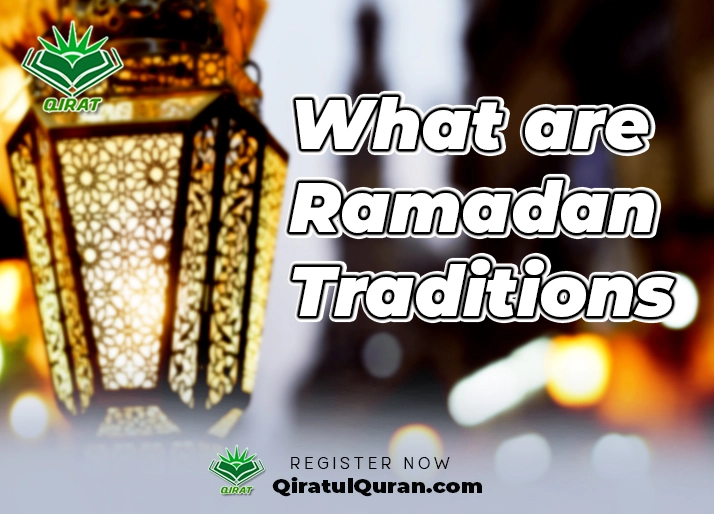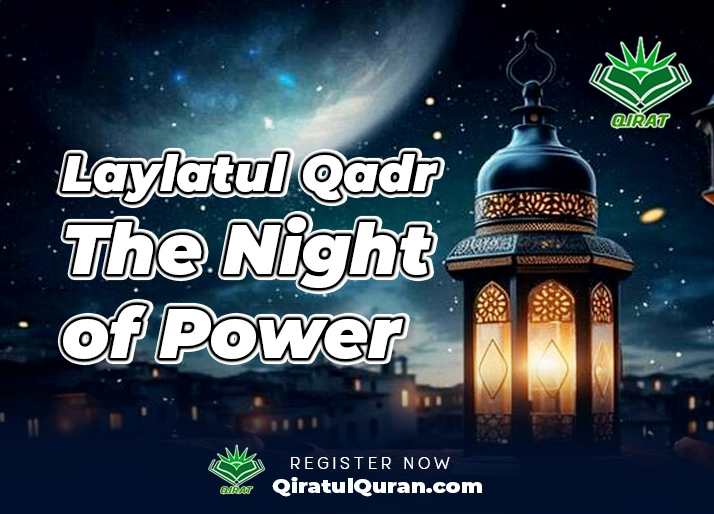
Introduction to Ramadan Traditions
Ramadan, the holiest month in the Islamic calendar, is observed by Muslims worldwide with a series of traditions that have been passed down through generations. These Ramadan traditions are not only a way to commemorate the revelation of the Quran to the Prophet Muhammad S.A.W but also to foster a sense of community, spiritual growth, and personal discipline. From fasting to iftar gatherings, each tradition holds a deep significance in the lives of Muslims.
The Tradition of Fasting
Sawm: Abstaining from Food, Drink, and Desires
Fasting, or sawm, is the most fundamental tradition of Ramadan. Muslims who have reached puberty and are in good health are required to abstain from eating, drinking, and engaging in sexual relations from dawn to dusk during the entire month. The act of fasting is not only a physical discipline but also a spiritual exercise that teaches patience, self-control, and empathy for the less fortunate.
Suhoor: The Pre-Dawn Meal
Before the start of the day’s fast, Muslims partake in a pre-dawn meal called suhoor. This meal is consumed before the first prayer (Fajr) and is meant to provide enough sustenance to get through the day’s fast. Suhoor is typically a hearty meal that includes foods high in protein and fiber to help maintain energy levels throughout the day.
Iftar: Breaking the Fast
At sunset, Muslims break their fast with a meal called iftar. This meal traditionally begins with dates and water, following the example of the Prophet Muhammad S.A.W. Iftar is often a communal affair, where families and friends gather to share a meal and break their fast together. It is a time of celebration and gratitude, as Muslims thank God for providing them with sustenance and the strength to complete another day of fasting.
Spiritual and Communal Traditions
Tarawih: The Night Prayers
During Ramadan, Muslims perform additional voluntary prayers called Tarawih. These prayers are typically performed in congregation at mosques after the Isha (night) prayer. Tarawih prayers consist of reciting long portions of the Quran for the month, allowing Muslims to complete the entire Quran during Ramadan.
Charitable Acts and Zakat
Ramadan is a time for increased charitable acts and paying zakat, an obligatory alms tax. Muslims are encouraged to donate a portion of their wealth to those in need, as this act of generosity is believed to purify one’s soul and bring blessings. Many mosques and Islamic organizations also organize charity drives and distribute food baskets to the less fortunate during Ramadan.
Laylat Al-Qadr: The Night of Power
One of the most significant nights in Ramadan is Laylat Al-Qadr, also known as the Night of Power. This is believed to be the night when the first verses of the Quran were revealed to the Prophet Muhammad. Muslims spend this night in worship and prayer, seeking forgiveness and blessings from Allah. The precise date of Laylat Al-Qadr is uncertain, but it is believed to fall during the last ten days of Ramadan.
Cultural and Family Traditions
Decorations and Ramadan Lanterns
Many Muslims decorate their homes and mosques with colorful lights and lanterns to mark the arrival of Ramadan. These decorations create a festive atmosphere and serve as a reminder of the month’s spiritual significance. Lanterns for Ramadan, known as Fanoos, are especially popular and are often hung in windows or used as table decorations during iftar gatherings.
Ramadan Delicacies and Desserts
Ramadan is a time when families gather to share delicious meals and traditional desserts. Each culture has its own unique Ramadan delicacies, such as kunafa, baklava, and qatayef. These treats are often served during iftar or on special occasions like Eid Al-Fitr, the celebration marking the end of Ramadan.
Family and Community Gatherings
Ramadan is not only a time for spiritual reflection but also for strengthening family and community bonds. Many families host iftar gatherings, inviting relatives and friends to break their fast together. Mosques and Islamic centers also organize community events, such as lectures, Quran recitations, and social gatherings, to bring people together and foster a sense of unity and belonging.
Conclusion
Ramadan traditions are deeply rooted in the Islamic faith and culture. And provides a framework for spiritual growth, community building, and personal discipline. From fasting to charitable acts, these traditions have been passed down through generations. creating a sense of continuity and connection among Muslims worldwide. By observing these traditions, Muslims not only fulfill their religious obligations but also find solace, strength, and a renewed sense of purpose in their lives.





